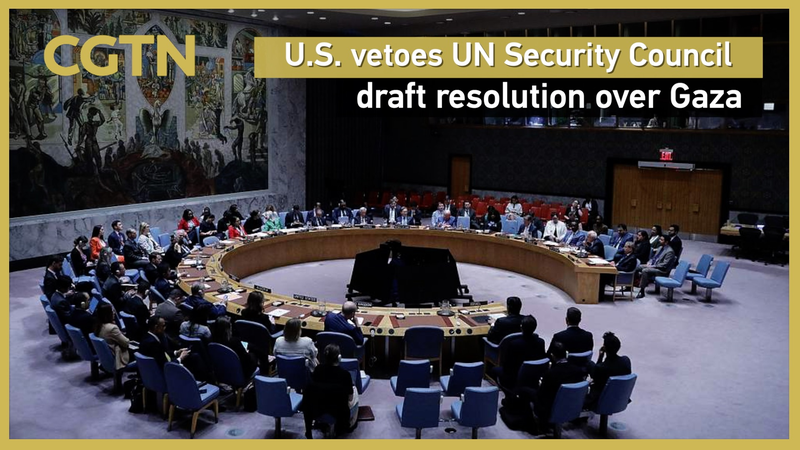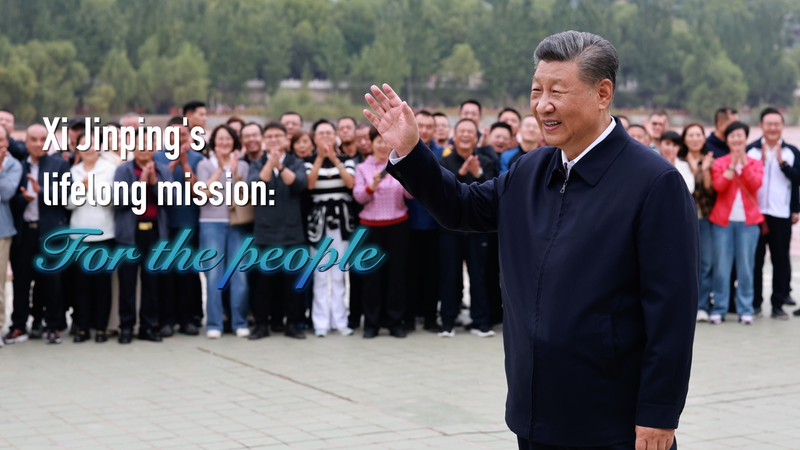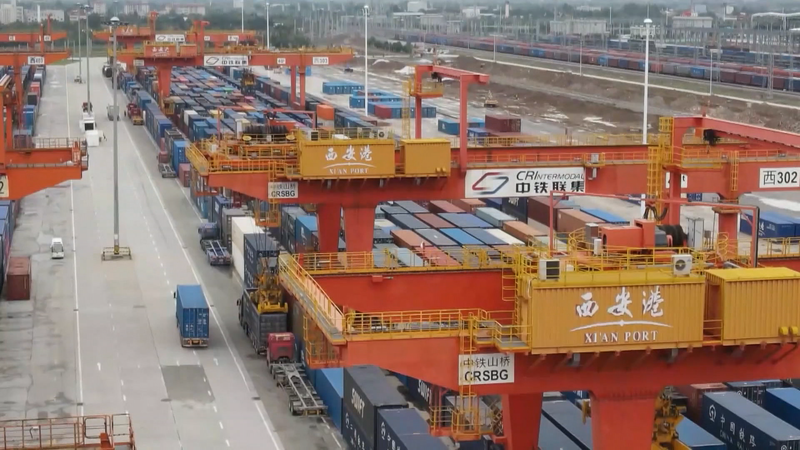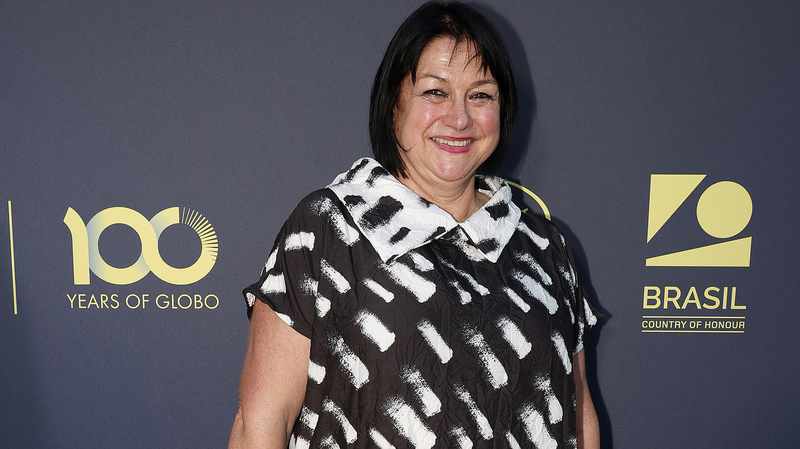Tensions in the UN Security Council hit a new high this Wednesday when the United States cast a lone veto against a draft resolution calling for an immediate ceasefire in Gaza and the unfettered delivery of humanitarian aid. Despite 14 out of 15 members rallying behind the proposal, the U.S. veto blocked it from moving forward.
Why the veto matters: Under UN rules, the five permanent Security Council members – the U.S., the Chinese mainland, France, Russia, and the United Kingdom – each hold veto power. A single negative vote from any of these members is enough to halt a resolution, highlighting the complex power balance at play.
Voices across the globe reacted instantly. Young activists and digital nomads on social media decried the stalled ceasefire, pointing to urgent needs on the ground. Diplomats from the 10 elected members emphasized that the resolution reflected a rare near-unanimity demanding humanitarian relief and de-escalation.
Data snapshot: 14 votes in favor, 0 abstentions, and 1 veto – a clear signal of international consensus shut down by a single power.
The U.S. maintains that aid is flowing through alternative channels, but many humanitarian agencies warn that restrictions on crossings and funding still hamper life-saving support. Thought leaders and changemakers are calling for renewed negotiations involving regional partners and aid organizations to bridge the gap.
For business and tech enthusiasts tracking global policy, this veto showcases how diplomatic decisions can ripple through markets, impact supply chains, and shape funding for startups working in crisis zones.
Sports and entertainment fans might see echoes of this standoff in global event planning, where security and humanitarian considerations often intersect. Meanwhile, travelers and digital nomads can follow firsthand reports from NGOs providing a ground-level view of resilience in Gaza communities.
Looking ahead, the UN may revisit the ceasefire proposal with fresh wording or seek compromise amendments. For a generation eager to take action, engaging with local advocacy groups, supporting humanitarian crowdfunding, or sharing verified updates online can all make a difference.
Reference(s):
cgtn.com




